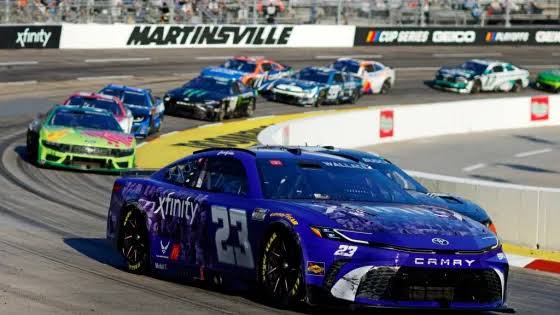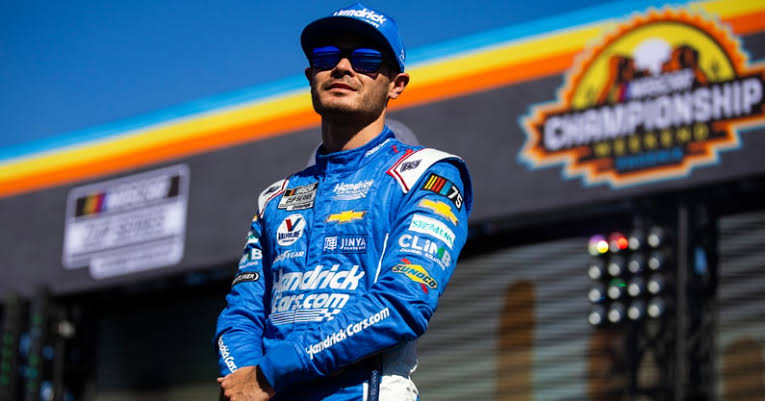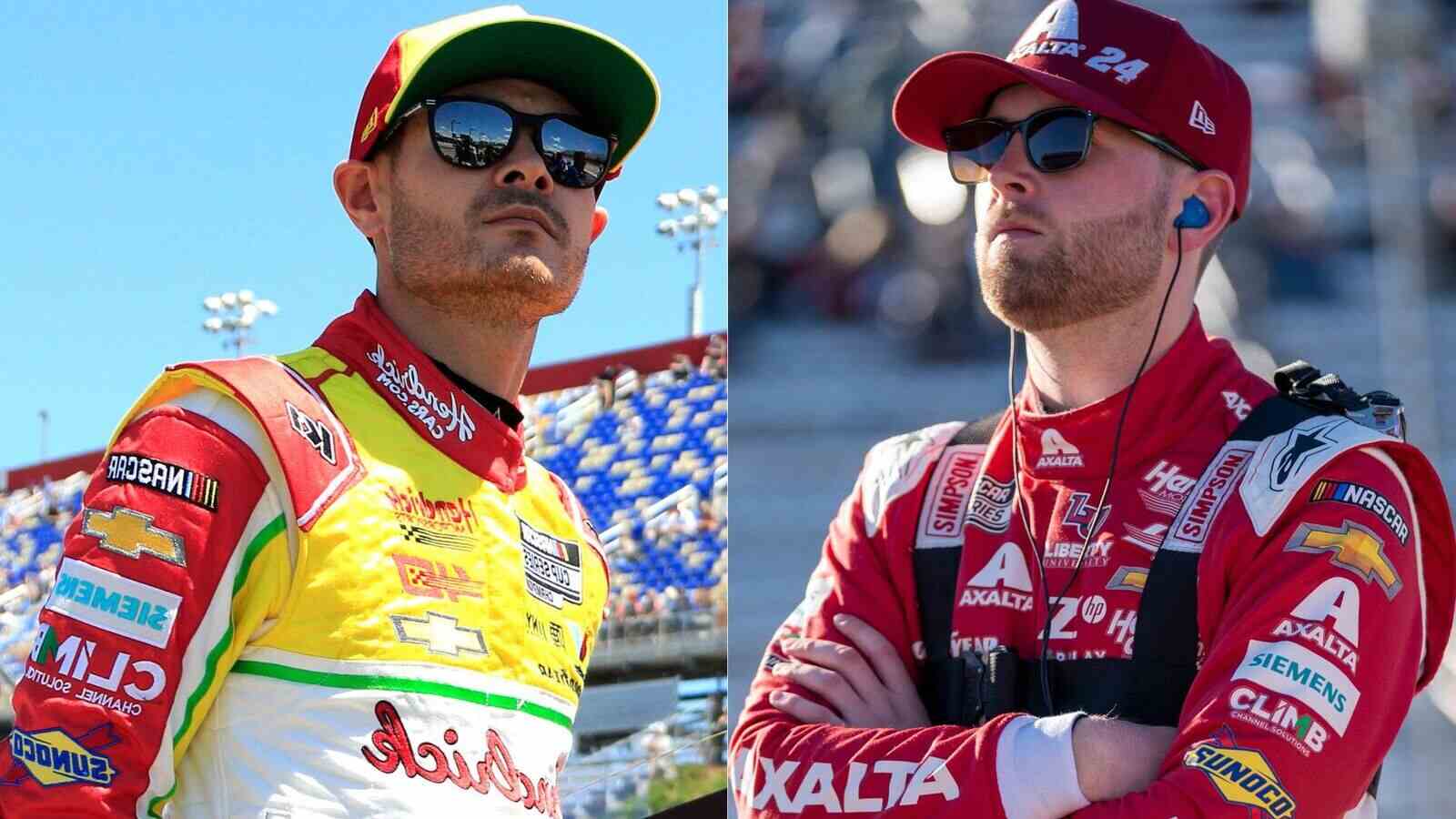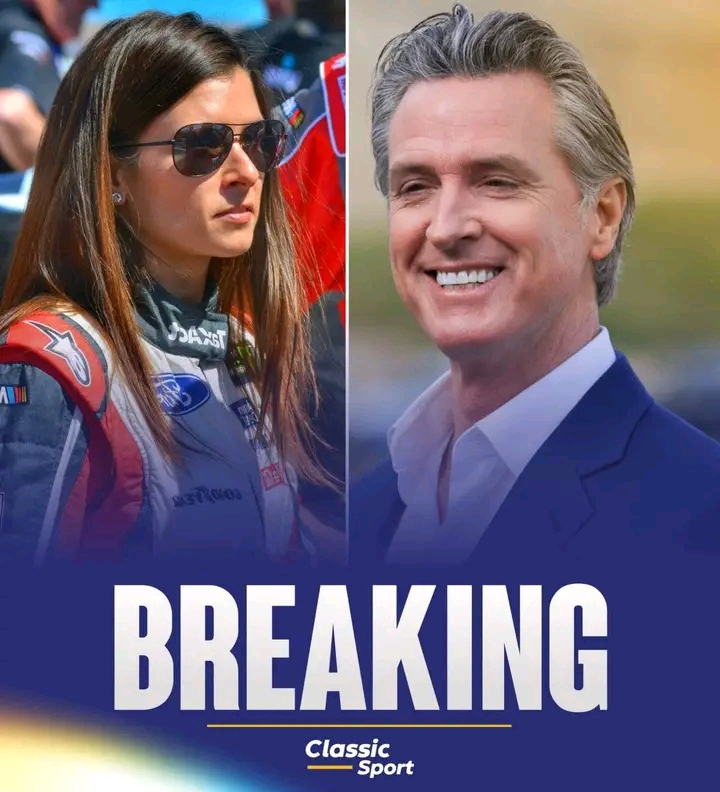23XI Racing and Front Row Motorsports have refiled a request for a preliminary injunction in their ongoing lawsuit against NASCAR, seeking temporary charters for the duration of the case. This comes after their initial request was denied last month and a brief appeal to the Fourth Circuit Court. Their new filing cites “changed circumstances,” including NASCAR’s November 16 decision to remove language from non-chartered team entry forms that previously barred participants from suing the organization. However, three other cited circumstances remain redacted.
Monday marked the deadline for NASCAR and CEO Jim France to file a motion to dismiss the case, which they did, arguing that the lawsuit lacks merit as an antitrust claim and is time-barred. NASCAR contends the statute of limitations has passed on issues such as the 2016 charter agreement, the ARCA Racing Series acquisition, and the merger with International Speedway Corporation.
The teams argue that the 2016 charter system was designed to prevent team owners from forming a competing stock car circuit, positioning NASCAR as a monopoly. NASCAR’s legal team, led by Chris Yates, dismissed these claims, stating the plaintiffs cannot definitively prove that 2016 charter owners were likely to establish a rival series. Furthermore, NASCAR argues that 23XI and Front Row have participated in the charter system for years without raising antitrust concerns and only initiated the lawsuit after failing to secure favorable terms during recent charter renewal negotiations.
NASCAR highlighted that Front Row was a founding charter member in 2016 and 23XI joined in 2021, both agreeing to release provisions preventing lawsuits, most recently signed in February and March 2024, respectively. NASCAR asserts the teams have not demonstrated any reduction in competition or antitrust injury, accusing them of attempting to renegotiate contract terms rather than addressing genuine anti-competitive behavior.
The sanctioning body also emphasized that charter values have increased and teams now receive higher revenues compared to 2016, countering claims that NASCAR operates as a monopoly or monopsony. NASCAR pointed out that the lawsuit centers on two specific provisions in the 2025 charter agreements: a release clause barring lawsuits and a non-compete clause preventing teams from participating in rival stock car leagues. NASCAR argued that neither provision reduces competition in the market.
Additionally, NASCAR criticized the teams’ involvement in the Race Team Alliance (RTA), which represents the collective interests of race teams, suggesting it could be viewed as anti-competitive. However, this argument has yet to be tested in court, and the RTA has historically been framed as a means to balance power between teams and NASCAR.
NASCAR accuses 23XI and Front Row of pursuing legal action as leverage in charter negotiations rather than addressing valid antitrust concerns, while the teams argue the charter system’s provisions unfairly restrict competition.
NASCAR has denied the transfer of two charters purchased from Stewart-Haas Racing (SHR) by 23XI Racing and Front Row Motorsports, citing unresolved legal and contractual issues. According to NASCAR, the charters include a release provision that must be accepted for any transfer to be approved. NASCAR confirmed that 23XI and Front Row knowingly purchased the charters with this provision in place but have refused to agree to the terms. This refusal is tied to ongoing antitrust litigation, as the teams are challenging the release language included in the 2025 charter agreement extension signed by SHR representatives Gene Haas and Joe Custer.
NASCAR argues it cannot approve the transfers while the antitrust lawsuit is active. In response, 23XI and Front Row are seeking a court order for temporary charters, claiming that operating without charters would cause significant, irreparable harm to their businesses. The teams also argue that not having charters could lead to missed races, although the court previously denied an initial injunction request, citing the low likelihood of full race fields in the NASCAR Cup Series.
The situation leaves two possibilities: the court may grant temporary charters, or both teams will have to compete with three cars each as open teams without the benefits of charters. This uncertainty affects the 2024 season, where Riley Herbst is set to drive a third car for 23XI, and Zane Smith is slated to join Front Row’s expanded lineup.
Looking ahead, NASCAR plans to enter 2025 with 32 chartered teams and eight open slots. However, the unresolved status of these two SHR charters could shift the balance to 30 chartered teams and 10 open entries. NASCAR has not yet clarified its plans for the SHR charters if the transfer requests remain unapproved.




